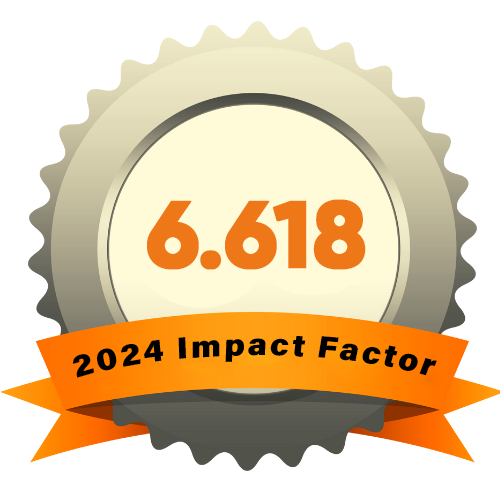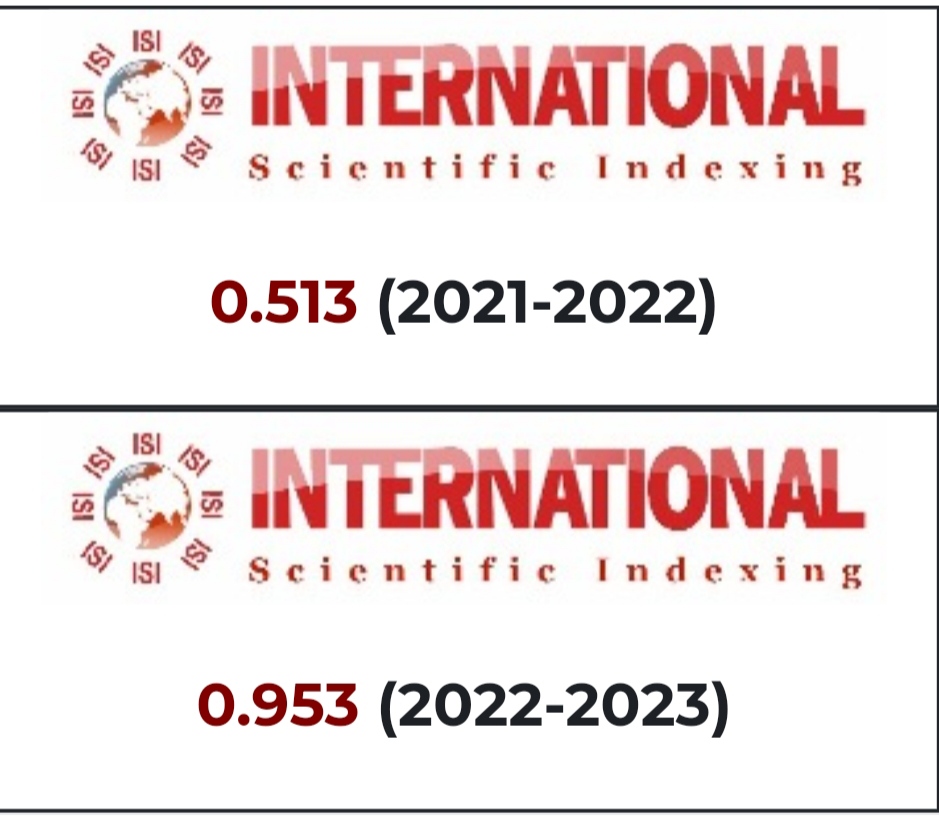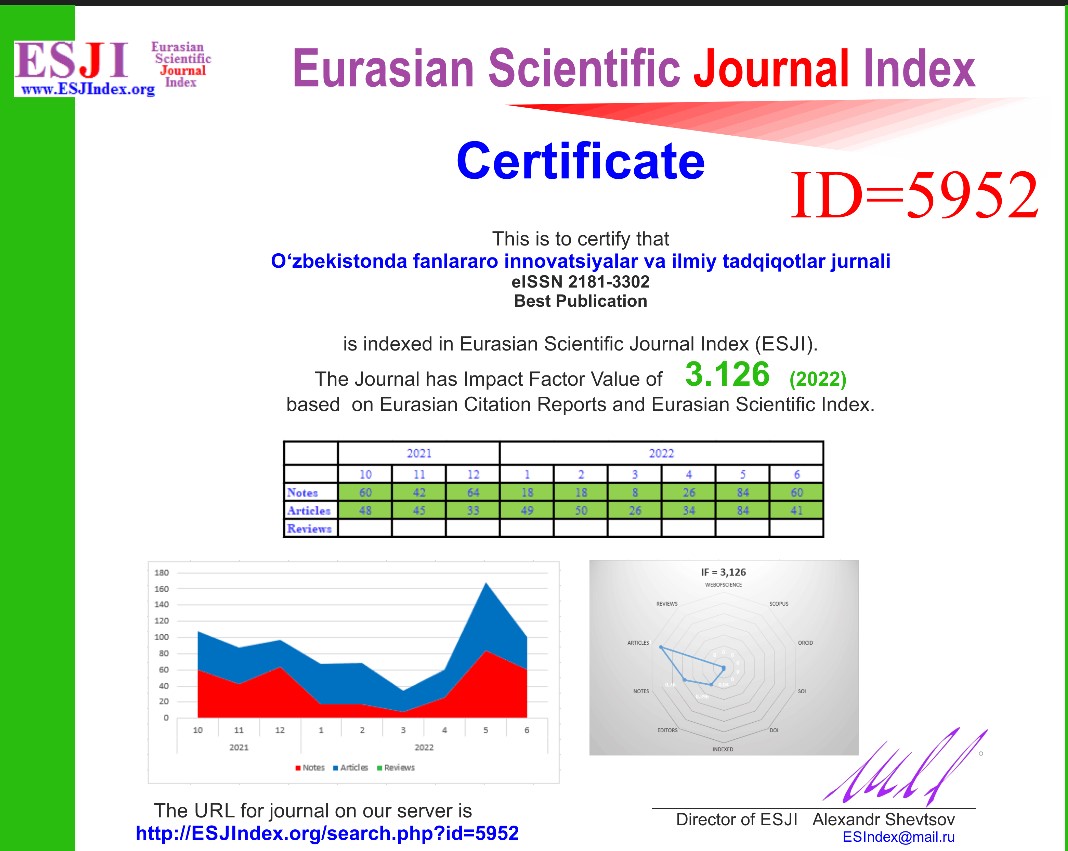CRITICAL THINKING SKIILS IN PEDAGOGY
Аннотация
This article is dedicated to the that critical thinking is aimed at getting the desired result, which is why it is sometimes also called directed thinking. Evaluation activities develop students' practical skills, establish connections and relationships between them, teach children logical conclusions such as synthesis and analysis, comparison and comparison. Thus, they stimulate the development of thinking, contribute to the formation of educational activities. Creative thinking is aimed at creating new ideas, and critical thinking identifies their shortcomings and defects. Critical thinking is characterized by controllability, reasonableness and purposefulness. Critical thinking is closely related with logic, as it involves the construction of logical conclusions, the creation of coherent logical models and the adoption of informed decisions.
Библиографические ссылки
Beyer B.K. Critical thinking. — Bloomington, IN: Phi Delta Kappa Educational Foundation, 1995
Bloom B.S. Taxonomy of Educational Objectives. The Classification of Education Goals. – N.Y., 1971
Elder L., Paul R. Critical thinking: Content is thinking/ thinking is content // Journal of Developmental Educating, 1995
Elder L., Paul R. Critical Thinking: How to Prepare Students for a Rapidly Changing World. Binker Publisher: Foundation for Critical Thinking, 1995
Daud N. M., Husin Z. Developing Critical Thinking Skills in Computer-Aided Extended Reading Classes // British Journal of Educational Technology. 2004.
Paul R., Elder L. The Critical Thinking Reading and Writing Test Publisher: Foundation for Critical Thinking, 2006
Lipman M. Critical thinking: What can it be? Institute of Critical Thinking. Resource Publication, 1988











